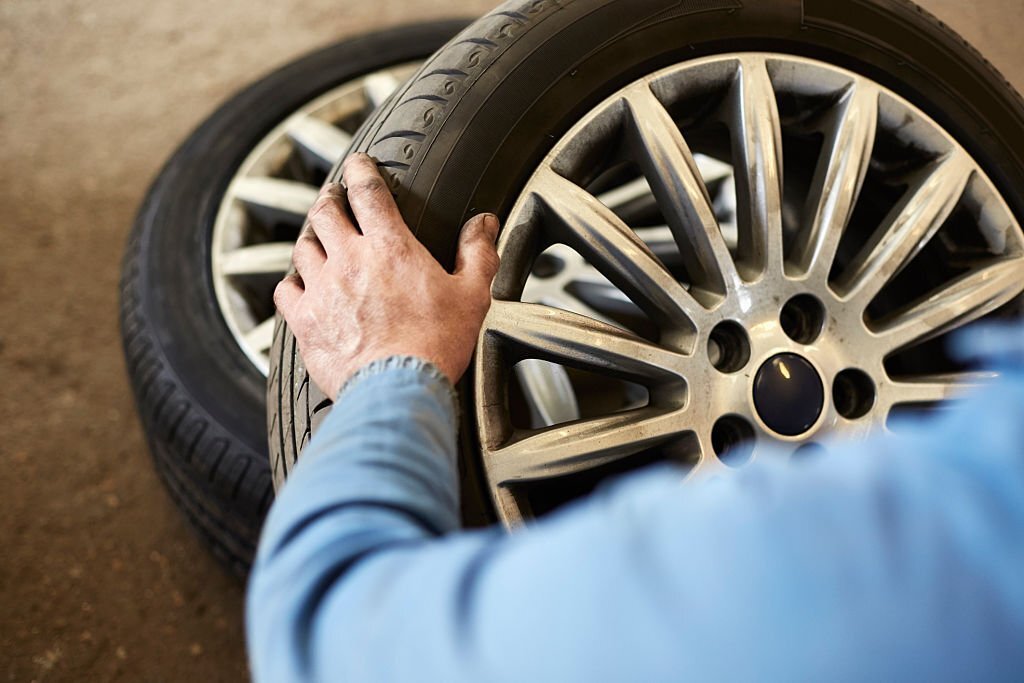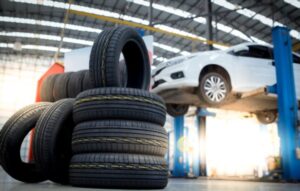Proper tire maintenance is crucial to ensuring the longevity, safety, and performance of your vehicle. Tires are the only point of contact between your vehicle and the road, and they play a critical role in providing traction, stability, and handling. In this article, we will explore the best practices for maintaining and extending the life of your tires.
Regular Inspections
Regular tire inspections are an essential part of tire maintenance. You should inspect your tires at least once a month for signs of damage, such as cuts, punctures, or bulges. Additionally, you should check the tread depth of your tires to ensure that they meet the minimum legal requirement in your area. Inspecting your tires regularly can help you identify potential issues before they become major problems and can extend the life of your tires.
Proper Inflation
Proper tire inflation is critical to ensuring optimal performance and safety. Overinflated or underinflated tires can impact handling, fuel efficiency, and tire wear. You should check the tire pressure of your tires at least once a month and inflate them to the recommended level specified in your vehicle owner’s manual. It is also important to check the tire pressure when the tires are cold, as driving can increase tire pressure and lead to inaccurate readings.
Rotation and Balance
Rotating and balancing your tires is an important part of tire maintenance. Tires wear differently depending on their position on the vehicle, with front tires typically wearing more quickly than rear tires. Rotating your tires regularly can help ensure that they wear evenly and last longer. Balancing your tires can also improve handling and reduce vibrations, which can lead to a more comfortable ride.
Proper Storage
Proper tire storage is also important to extend the life of your tires. If you need to store your tires for an extended period, it is important to store them in a cool, dry, and dark place. Tires should be stored away from heat sources and direct sunlight, as heat can cause tires to degrade more quickly. Additionally, tires should be stored away from chemicals, oils, and solvents that can damage the rubber compounds of the tires.
Replace Tires When Necessary
Finally, it is important to replace your tires when they reach the end of their useful life. Tires typically have a lifespan of 5-10 years, depending on factors such as usage, storage conditions, and weather. Additionally, if your tires show signs of damage or have worn down past the legal limit, it is important to replace them immediately. Driving on worn or damaged tires can increase the risk of accidents and jeopardize the safety of you and your passengers.
In conclusion, proper tire maintenance is crucial to ensuring the longevity, safety, and performance of your vehicle. Regular inspections, proper inflation, rotation and balance, proper storage, and timely replacement can all help extend the life of your tires and reduce the risk of accidents. By following these best practices, you can ensure that your tires provide optimal performance and safety for years to come.


